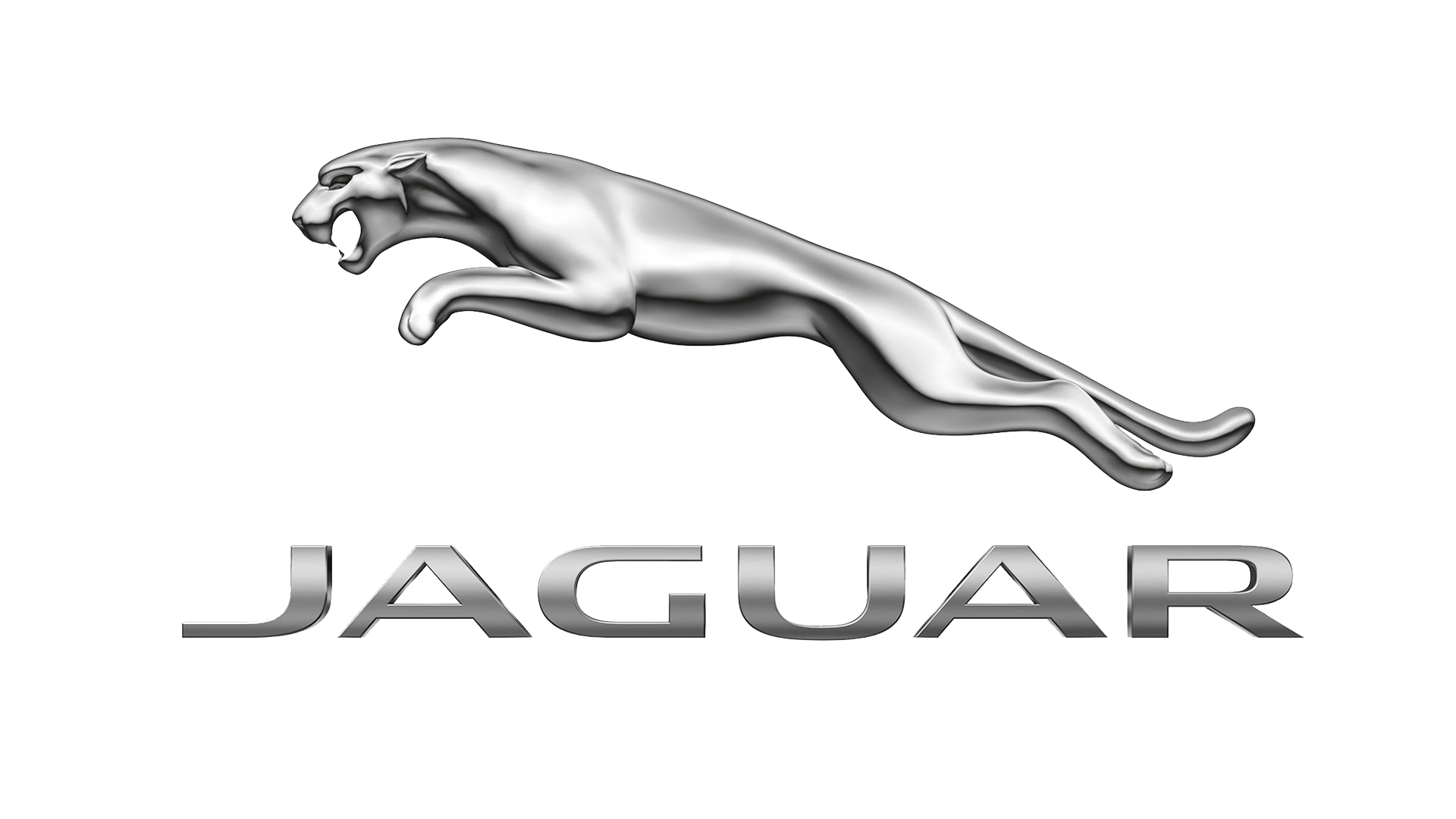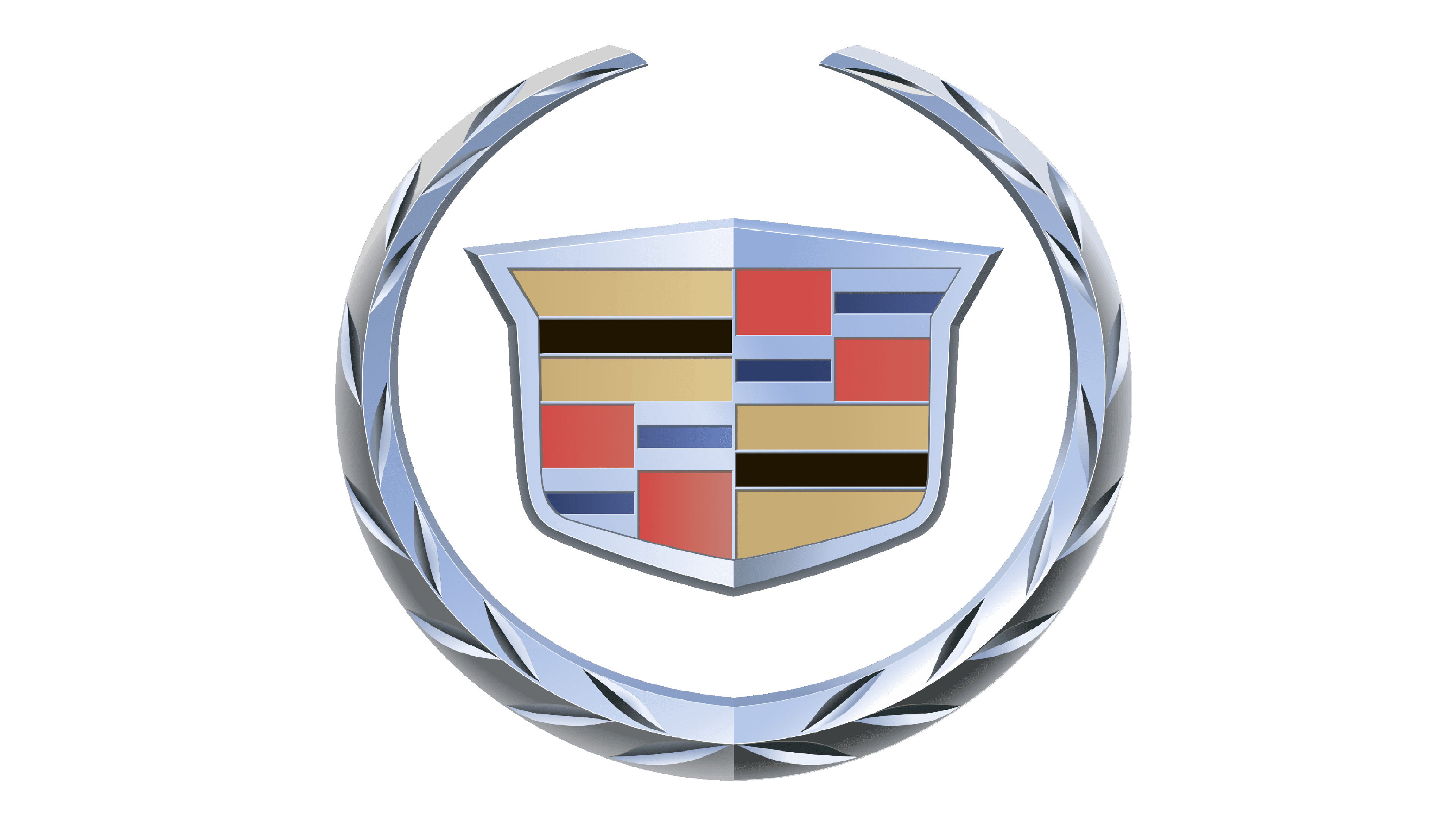Are you looking for a complete guideline about car imports from Japan to Kenya? If yes, you will definitely find the information that will help you with hassle-free transportation of vehicles.
The cost depends on the car’s size, age, and shipping method. On average, you’ll pay $1,500 to $3,500 for shipping and taxes. Smaller cars are cheaper. Older cars may cost less but have higher taxes.
Kenya charges taxes based on the car’s value. Shipping takes 4-6 weeks. You’ll also pay for insurance and customs clearance. Whether or not you can import a car from Japan to Kenya depends on the age of the vehicle, whether it is a right hand or rowworthy vehicle, the level of inspection and the import tax.
Importing A Car From Japan To Kenya
Usually, the importers ship the cars in a container named Ro-Ro. The most used vehicles are usually placed onto the vessel deck, but this process is comparatively expensive and it can take one to four weeks to reach the vehicles to Kenya.
The second-hand vehicles mostly shipped by CIF or C&F basis. The dealers of used cars carry out the paper works that are involved in the process in Japan.
Rules & Regulations for Car Import from Japan to Kenya
Like the other countries, you will need to maintain some rules and regulations, too. Here I have explained in a nutshell about it—
Age of Vehicle: The vehicle's age should not be more than eight years old from the year of the first Registration at Japan. And the time gap between the manufactured date and the first registration date should not be more than one year.
In 2021, you are allowed to import vehicles that are registered from the year 2013, and upwards.
Right-Hand Drive vehicles: In Kenya, the drivers always have to drive on the left side of roads, so the imported vehicles should only be right-handed (RHD).
But in special cases, left-handed vehicles also can be imported, like fire tenders, ambulance, construction vehicles, etc., and they are donated to the government of Kenya.
The roadworthiness of the Vehicle: All the vehicles must undergo RWI or roadworthiness inspection which is conducted by the Japan Export Vehicle Inspection Centre (JEVIC) before they are imported to Kenya. Other companies, like ATJ, QISJ, etc. obligated to carry out the inspection.
The inspection makes sure that, the age of the cars are within eight years old, right-handed drive, decent mileage and after that, they pass the mechanical and safety inspection.
About the Inspection: Radioactive contamination of the vehicles is being checked and only those vehicles will get a certificate of confirmation whose contamination level is within the acceptable limit.
Import Tax Rate: The import tax rate is determined by KRA (Kenya Revenue Authority). The KRA uses a database named Current Retail Selling Price which lists the brand-new showroom costs of different models of vehicles. Also, the total cost of an imported vehicle depends on some other factors, like—
1.Model (Pardo, Forester, Juke)
2.Making (Toyota, Nissan, Subaru)
3.Year of manufacture
4.Transmission of the engine (manual, automatic)
5.Capacity of the engine (1800cc, 1600cc)
6.Type of fuel (diesel, petrol)
7.Class (sedan, wagon, hatchback)
The KRA devaluates CRSP price about 10% each year. So, in Kenya, the older car is cheaper, and the newer car is more expensive. And the customs value will be subjected to some charges like—
-Import declaration fee 2.25%
-Railway development levy 1.5%
-Excise duty, import duty, value-added tax (16%)
-Import duty, excise duty (20%)
-Import duty (25%)
-Radiation check, marine levy (additional charge)
At the Mombasa port, you will need to pay some additional charge
-Registration fee: It should be paid to the NTSA.
-Port agency fee: It is an agreement fee between you and the import agent.
-Clearance fee: It is due to port clearance.
-Port charges: This should be paid to the container freight station.
-Shipping: You will need to provide a charge to the shipping line.
-Insurance: It should be provided to the preferred insurance company.
-Fee for transporting the vehicle to your location.
These are the main sectors where you have to pay some fees, but there are different calculations that help the Kenyans willing to import vehicles to determine the customs cost.
Documents You Will Need for Port Clearance
Some documents are required for the registration and clearance of the vehicle in Kenya. They are
1.A copy of NID in case of an individual.
2.A copy of the incorporation certificate in case of companies.
3.Bill of lading (original). You can obtain it from the shipping company of Japan.
4.A copy of KRA (Kenya Revenue Authority) PIN certificate.
5.Japanese export certificate with the English translation. You can obtain it from the shipping company of Japan.
6.RWI (Roadworthiness Inspection) certificate. It can be obtained from the QISJ (Quality Inspection Services Inc. Japan).
Besides these, in the case of duty-free cars, you will be asked to provide the original UNLP or diplomatic passport. These are the main documents you will need for clearance, but it will be wise to collect this information from the dealers.
Bottom Line:
These are the main points that you must know if you want to import any vehicles. Like other countries, Kenya has also some unique formalities for this business. If you read through the whole article, I hope you will get to know about the most basic and significant information about car import from Japan to Kenya.
Car Import from UK to Kenya: A Simple Guide
If you want to bring a car from the UK to Kenya, this guide is for you. Car import from UK to Kenya is popular because UK cars are high quality. But you need to know the rules and costs.
Why Import from the UK?
UK cars are reliable. They have strict safety checks. Kenya allows car import from UK to Kenya if you follow the law. You can save money buying used cars in the UK.
Costs to Know
The total cost depends on the car type. A small car may cost £1,500 to ship. A big SUV can cost £2,500. You also pay taxes in Kenya. These include import duty (25%), VAT (16%), and others.
Steps to Import
-
Choose a car – Pick one that fits Kenya’s roads.
-
Check shipping – Use a trusted company.
-
Pay taxes – Kenya charges before releasing the car.
-
Register the car – Get Kenyan plates.
Tips for Success
-
Buy from trusted UK sellers.
-
Avoid very old cars (over 8 years).
-
Ask for help from import experts.
Car import from UK to Kenya is easy if you plan well. Follow the rules, budget for costs, and enjoy your new ride!
How much does it cost to import a car from japan to kenya
How much does it cost to import a car from Japan to Kenya? The cost depends on the car’s size, age, and shipping method. On average, you’ll pay $1,500 to $3,500 for shipping and taxes. Smaller cars are cheaper. Older cars may cost less but have higher taxes.
Kenya charges taxes based on the car’s value. Shipping takes 4-6 weeks. You’ll also pay for insurance and customs clearance. How much does it cost to import a car from Japan to Kenya? Plan for extra fees like inspection and registration. Always check the latest tax rules to avoid surprises.





























